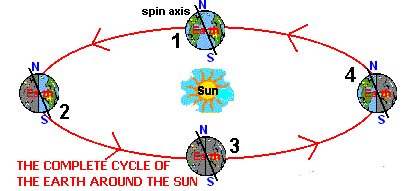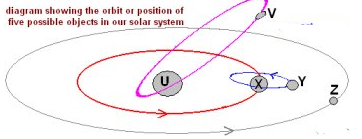Solar system quiz
15 QuestionsQuiz Description
Here in this quiz, we will be talking about the solar system as a whole and the energy derived from this system. Seeing as solar energies are renewable energy sources, that alone makes it relevant in society today. This is because so much pressure is being put on companies and individuals to do things that help as opposed to harming the environment. Solar energy ultimately produces less pollution which therefore means there is cleaner air and water.
This quiz is a very important and fascinating one aimed at giving you more insight knowledge about most energy in the universe itself. Almost all quizzes here are that way. So in this particular quiz, you will learn stuff like the sun, and how energy from the sun may be used to provide electrical energy for society.
The Solar System is simply the Sun and all the objects that orbit around it. All the planets and moon and stars all make up the solar system with the sun as the main component. The Sun at the heart of our solar system, is a yellow dwarf star, a hot ball of glowing gases. The sun is the hottest of all universal bodies and from the radiation it emits, is light which is visible radiation that falls to the Earth as solar energy and is used for many purposes. The sun as renewable energy also improves public health as vitamin D is one of its free gifts to mankind.
Students are usually tested through MCQs, and structurally in their exams on Solar energy, which is a renewable free source of energy, solar power systems derive clean, pure energy from the sun. This, therefore, means that installing solar panels on your home helps combat greenhouse gas emissions and reduces our collective dependence on fossil fuels. Note that, traditional electricity is sourced from fossil fuels such as coal and natural gas. Take the quiz and learn even more about the solar system as this is just a simple summary. More quizzes on the universe found in Biology, and even Physics quizzes are available here as well.
Enjoy!!
How long is it likely to take for sunlight reflected off a satellite at night to reach your eyes?
Which matches the time it takes for the Earth to spin round once on its axis?
The diagram shows a sequence of eight moon positions as it orbits the Earth. When viewed from Earth, which moon position corresponds to the waning gibbous phase?





